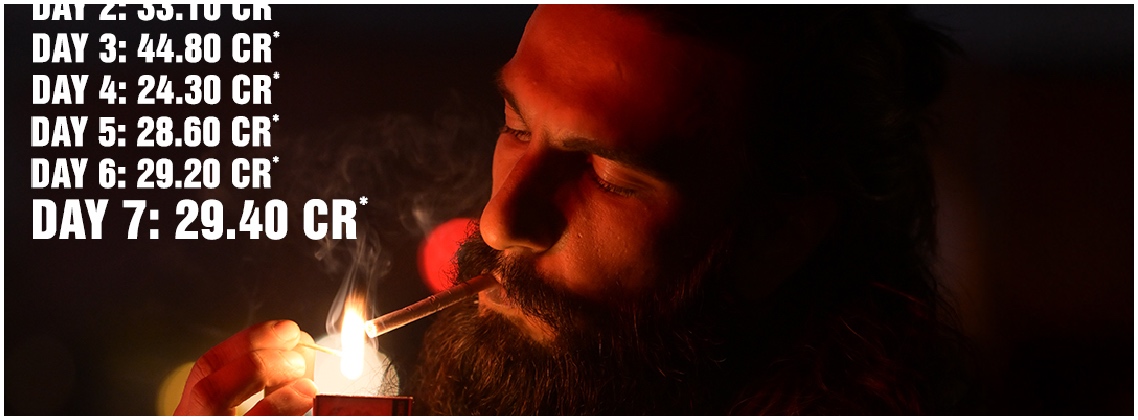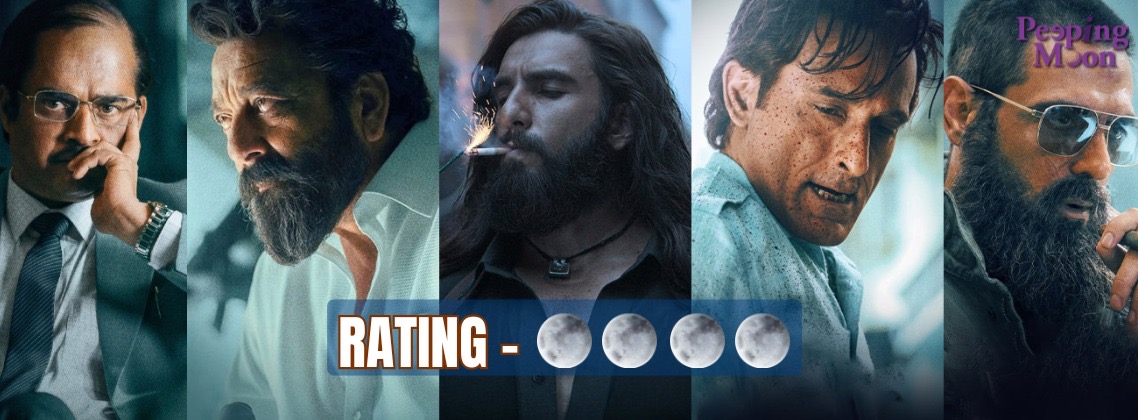Kareena Kapoor Khan was lately involved in a controversy regarding the name of her book titled Pregnancy Bible. She received a legal notice from Madhya Pradesh High Court back in May this year. Responding to the lawsuit, the actress clarified that she had no intention to hurt any religious sentiments. An advocate Christopher Anthony questioned the mention of the word Bible in a book related to Kareena Kapoor Khan’s pregnancy. He felt offended for the Christian community and issued a legal statement.
Kareena replied to the legal notice through her lawyers Divya Krishna Billaiya and Nikhil Bhatt emphasizing that she did not mean to hurt any religion. The lawyers denied the allegation stating that there was no purpose to harm the beliefs and emotions of any community. On the matter next hearing will be held on September 10, 2024 in Madhya Pradesh High Court which will be headed by Justice GS Ahluwalia.
Reportedly, with her response she aimed to redirect the concern about her book sale by referring to the Pregnancy Bible as her third child. Advocate Christopher Anthony who turned out to be the social activist in this matter by filing the case aspired to put a ban on Kareena’s book. The advocate hailing from Jabalpur, earlier stated that the word ‘Bible’ appears to be hurtful to the Christian community’s sentiments. He was quoted, “The Bible is the holy book of Christianity and it is wrong to compare Kareena Kapoor Khan's pregnancy with the Bible.”
To note the event sequence, the advocate first approached the police to file an FIR against Kareena Kapoor Khan. He then appealed to an additional session court after his request was rejected by the police officials. His plea was refused by the court as well as he failed to prove how the word Bible was offensive. The case was recorded after another Christian organization expressed concerns over the title of Kareena Kapoor’s book leading to a police complaint being filed in Maharastra’s Beed against the actress and two others on the grounds of allegedly offending religious sentiments. The legal issue is still pending in the court.

.jpg)









